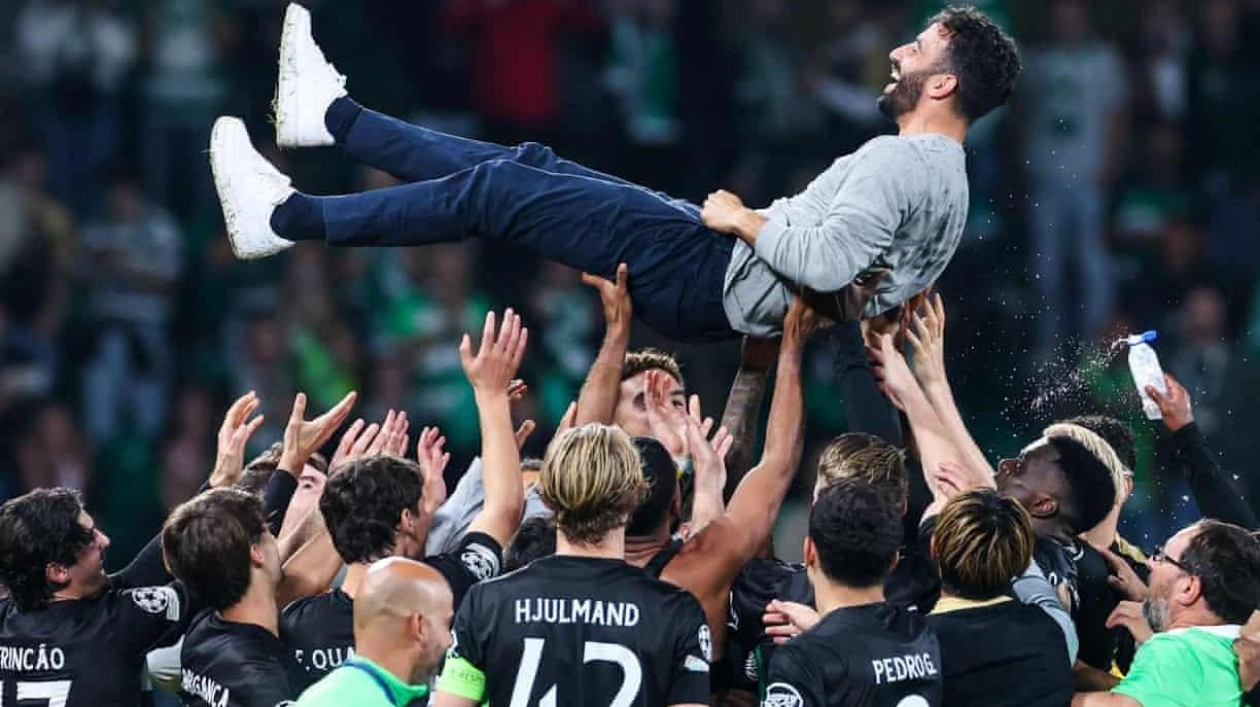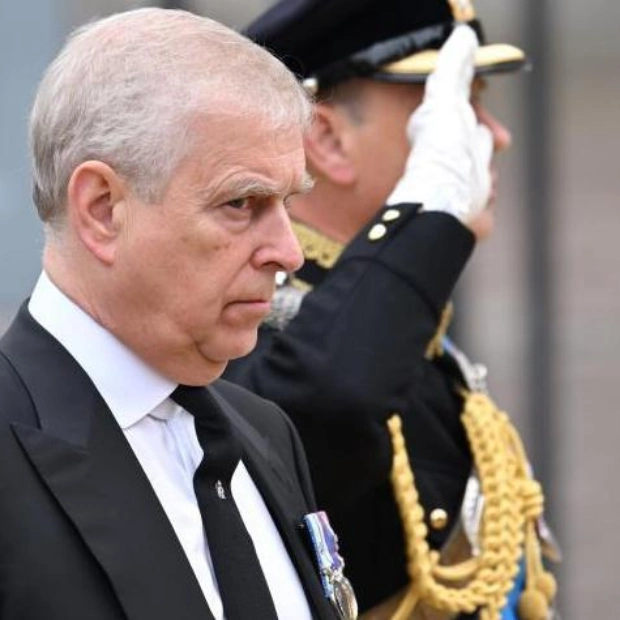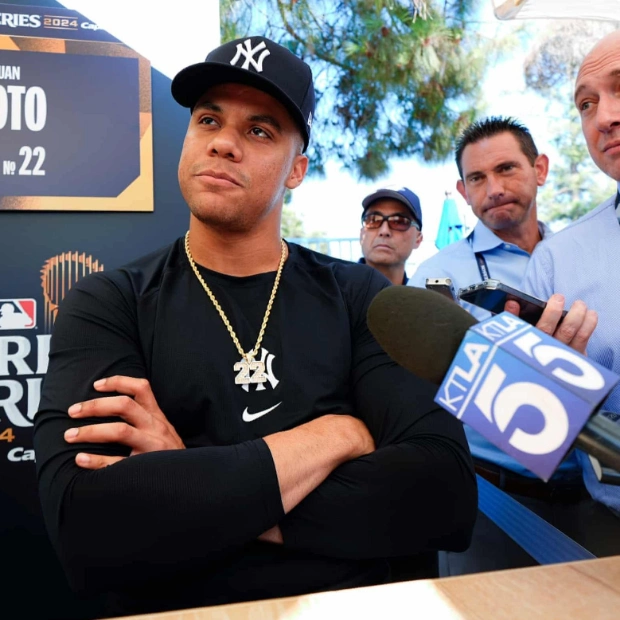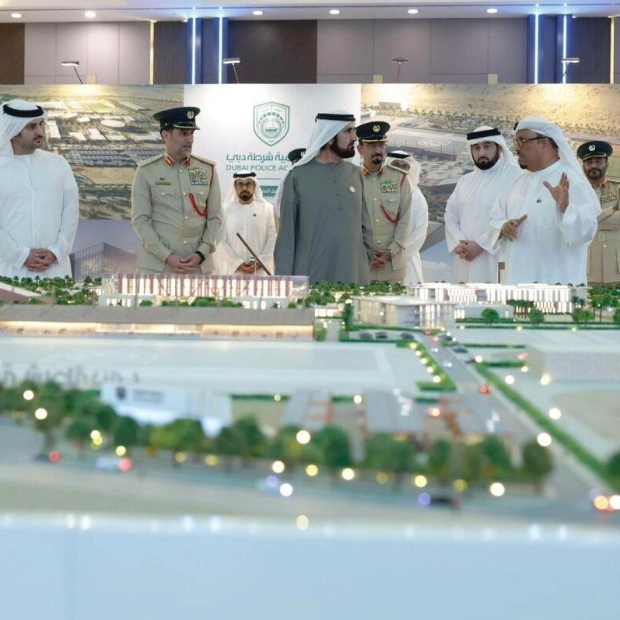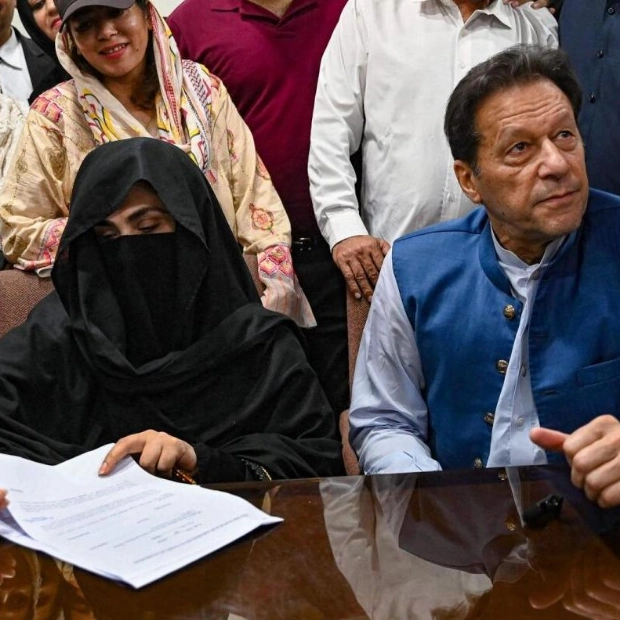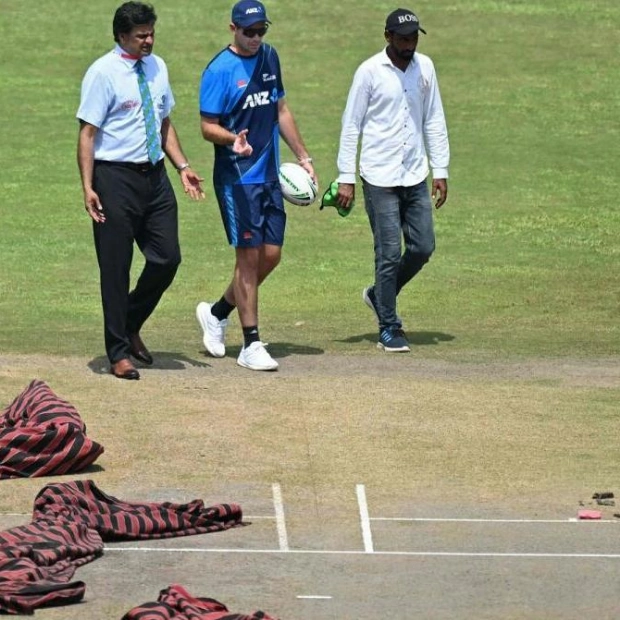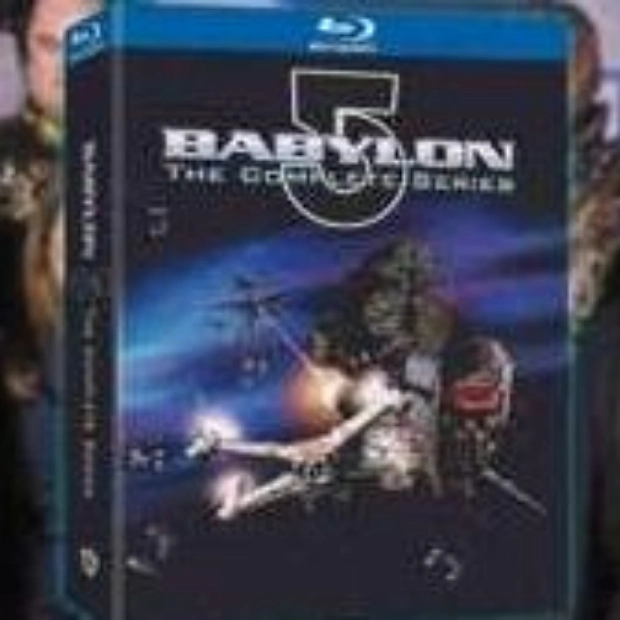Rúben Amorim has already identified his biggest challenge upon taking over Manchester United on Monday: to restore the club's legacy of Billy Meredith, George Best, Wayne Rooney, and Cristiano Ronaldo by rekindling their irresistible attacking prowess. The 'wow' factor has been absent from United's performances for most of the post-Sir Alex Ferguson era. Apart from Ole Gunnar Solskjær's spontaneous counter-attacking style, the teams led by David Moyes, Louis van Gaal, José Mourinho, and Erik ten Hag lacked the exhilarating energy of United's golden eras.
When Amorim stated after Sporting's 4-1 Champions League victory over Manchester City on Tuesday night that United cannot adopt a 'defensive' approach like the Portuguese champions, he made it clear that he intends to transform his team into an offensive powerhouse. His primary challenge is how to achieve this with a squad currently in 13th place before the weekend's fixtures and players unfamiliar with his preferred 3-4-3 formation. 'United cannot play the way we play, they cannot be so defensive,' he said, referring to his Sporting side's strategy of sitting back and counter-attacking against Pep Guardiola's City.
However, Amorim frequently employs counter-attacking tactics against stronger opponents, raising questions about whether United will be significantly more attacking than Sporting was in midweek. The Old Trafford crowd's reaction to this approach is another concern. Even Solskjær, who mended the rift between the club and its supporters after Mourinho, faced criticism for his counter-attacking style.
Until Amorim can assemble the squad he envisions, the excitement generated by his United in the initial months of his tenure will hinge on the inherited players' ability to adapt to his vision. United have six central defenders, making it feasible to select three for the backline. If Amorim's preferred lineup includes Lisandro Martínez, Matthijs de Ligt, and Leny Yoro (once fit), he must determine if they can execute his tactics that build attacks from deep.
In Amorim's 3-4-3 formation, the wing-backs at United will need to perform a role different from their usual duties. At Sporting, Amorim has utilized the speedy Geovany Quenda on the left and Maximiliano Araújo on the right, inverted wing-backs who operate on the opposite flank to their natural sides. At United, Diogo Dalot and Noussair Mazraoui are candidates for the right-sided defenders, and Amorim could deploy them on either flank. It will be fascinating to see if either player possesses the necessary pace to excel in this dual role of attacking and defending.
Amorim also faces the issue of the reliability of two injury-prone left-backs, Luke Shaw and Tyrell Malacia. He might consider using Marcus Rashford and Alejandro Garnacho in these positions, but neither is known for their defensive discipline. Antony might see an opportunity to revive his stagnating United career by switching positions, but after three seasons at United, this seems unlikely. If this crucial part of the team does not function, Amorim might contemplate returning to Sporting to sign one of Quenda or Araújo, though financial constraints might prevent a January move.
The central midfield presents another dilemma. If Amorim opts for a flat four, he must find a way to integrate the creative talents of Kobbie Mainoo and Bruno Fernandes. However, this would exclude either Manuel Ugarte, as a dedicated holding player, or Casemiro. A diamond formation could be the solution, with Ugarte or Casemiro at the base, wing-backs on either side, and either Fernandes or Mainoo at the tip. But this would mean one of the latter two would miss out, which seems unlikely for a team with a history of bold football and contradicts Amorim's assertion that United should not be dull.
His front three appears to be the least complex area to select. On either wing, he can choose between Garnacho, Rashford, and the improving Amad Diallo, with Rasmus Højlund as the center-forward. However, a more pressing concern is addressing the lack of goals, with only nine scored in 10 Premier League games. A hallmark of elite coaches is their ability to adapt to the players in their squad: footballers' abilities come first, not the system. This is a principle followed by Guardiola at City, and United will soon discover if Amorim belongs in the same elite category.
Source link: https://www.theguardian.com
